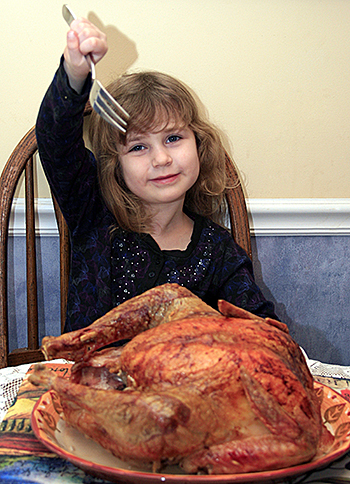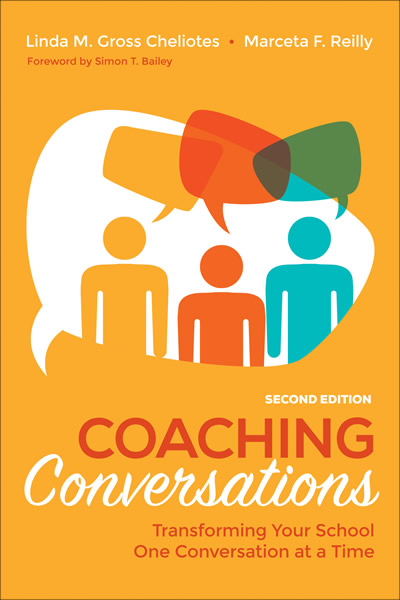 As the Thanksgiving season nears, it seems appropriate to talk a bit about the important role gratitude plays in our lives. Neuroscience is showing that gratitude can actually make us healthier.
As the Thanksgiving season nears, it seems appropriate to talk a bit about the important role gratitude plays in our lives. Neuroscience is showing that gratitude can actually make us healthier.
Several recent studies have concluded that the expression of gratitude can have profound and positive effects not only on our health, but also our moods and our relationships. The more we think about things we are grateful for, the more our brain looks for things to be grateful for in our environment.
Feeling grateful activates areas of the brain associated with the neurontransmitter dopamine. Getting an increase in dopamine makes us feel good and want to be more positive with others in order to keep that good feeling going. So we are happier, feel less depressed, and are kinder when we consistently practice the habit of feeling grateful.
So how do you make gratitude a habit? Here are three ways:
- Keep a journal. Write about things you notice that make you happy. Remember one thing each day that you are grateful for.
- Look for the positive in other people and assume they are kind and charitable. Tell them what you see as their strength.
- End each day thinking about something you’ve done well or some surprise that happened. Even if something bad happened during the day, what is the good that it brought out in you and others?
Gratitude doesn’t have to be about big things. Simple things have the same good impact as profound ones. What is important is that gratefulness becomes a habit. Something we intentionally do every…single…day.
Practicing gratefulness helps you develop into the kind of person people trust and want to follow. At the same time, it makes you a healthier, happier person. What could be better than that?
For more about this interesting topic and the neuroscience that supports it, go to these articles:
- By Alex Korb in Psychology Today. https://goo.gl/oNDEsv
- By Ocean Robbins in The Huffington Post. http://goo.gl/44RzfD









Comments on this entry are closed.